10% off £35
Herbal & Licensed Remedies
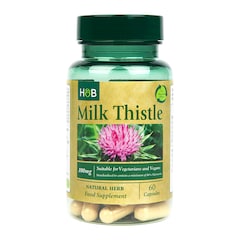
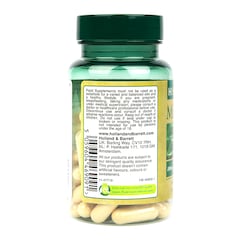
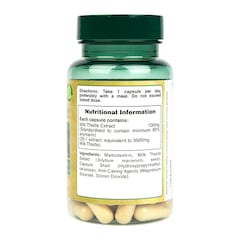
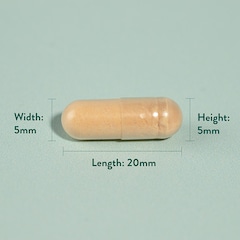
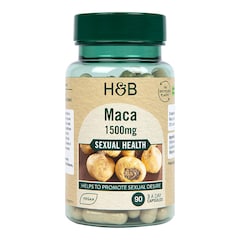
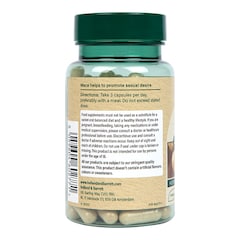
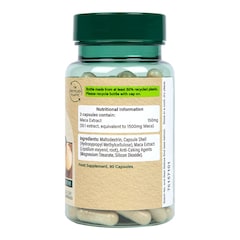
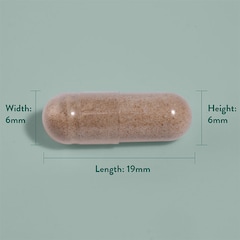
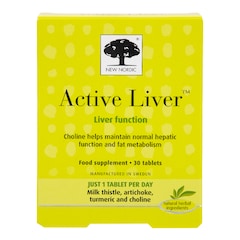
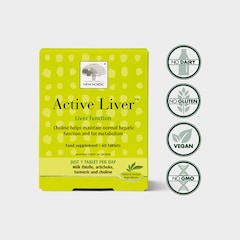
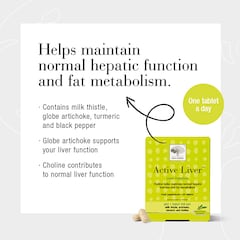
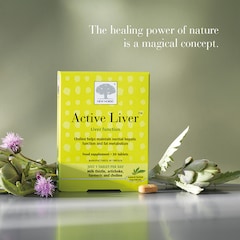

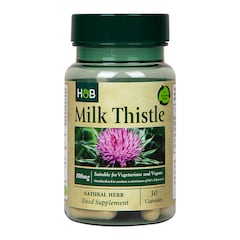
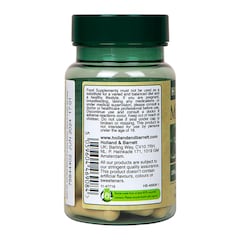
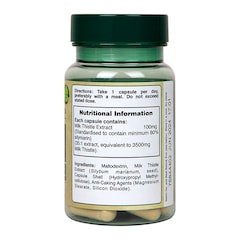
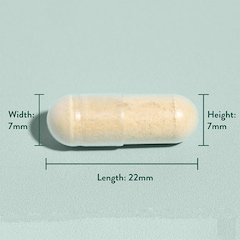
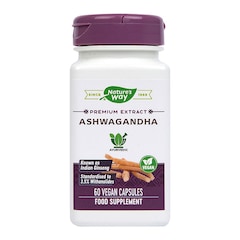
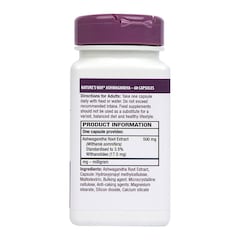
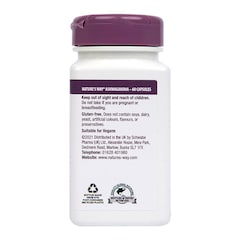
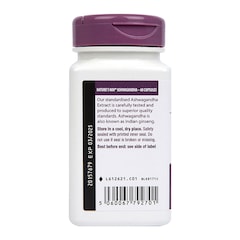
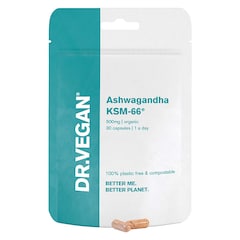
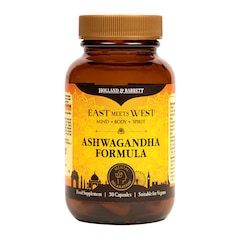
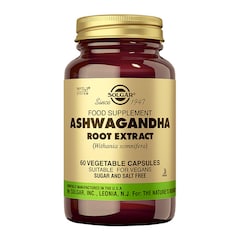
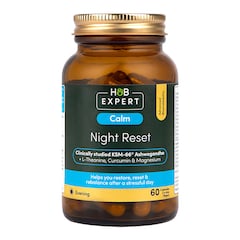
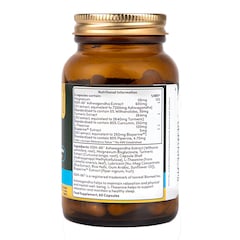
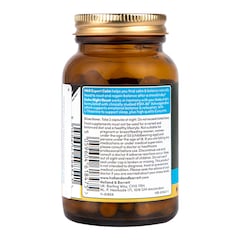
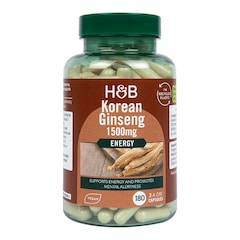
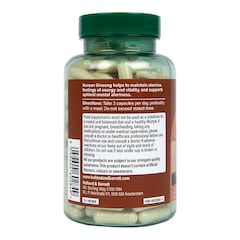
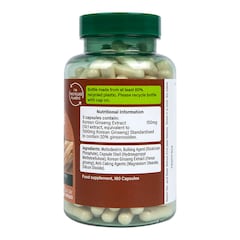
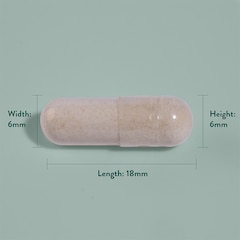
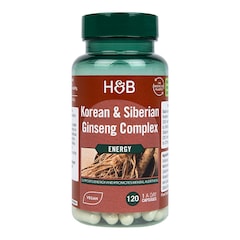
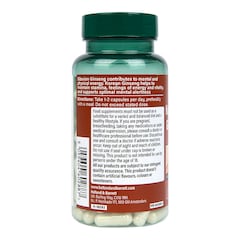
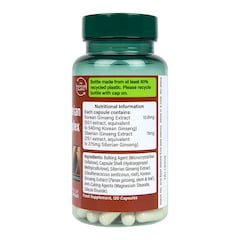
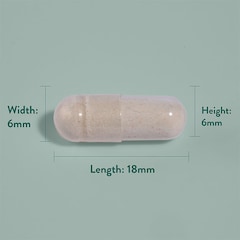
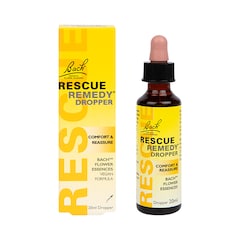
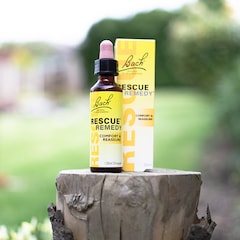
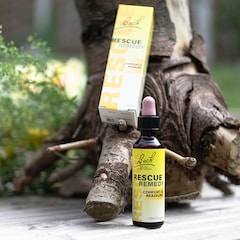


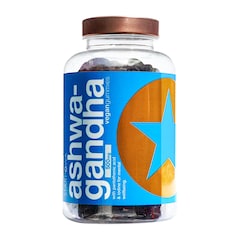
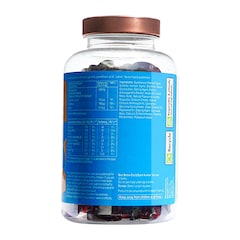
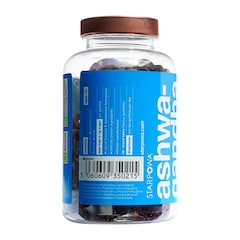
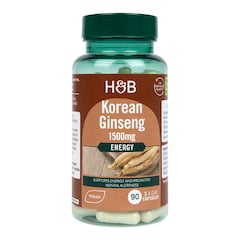
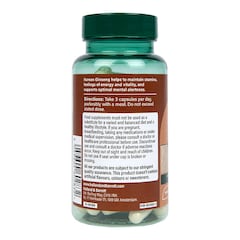
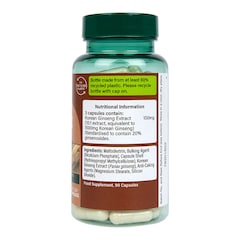
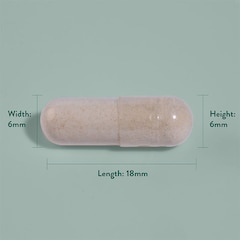
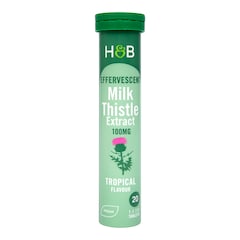
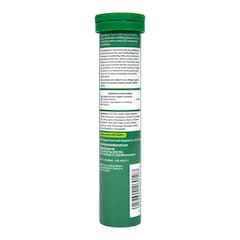
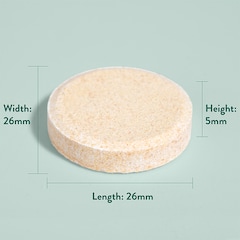
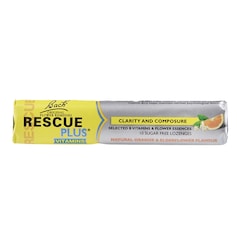
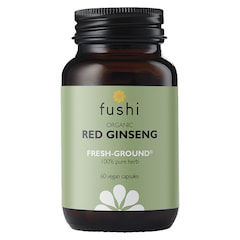
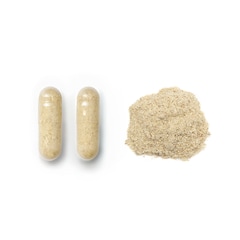
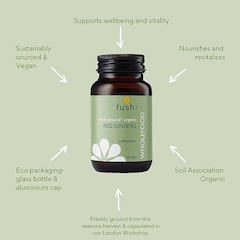
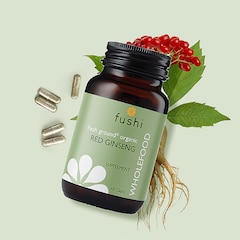
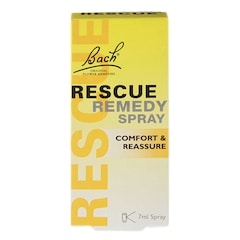



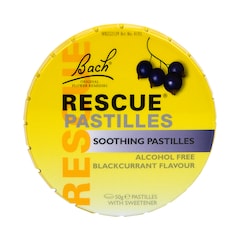
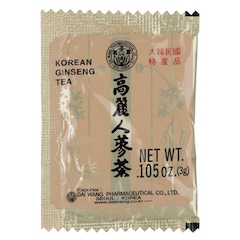
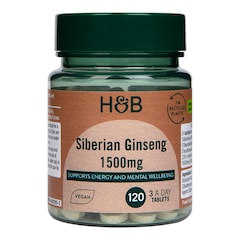

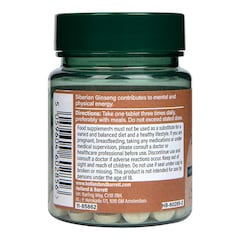
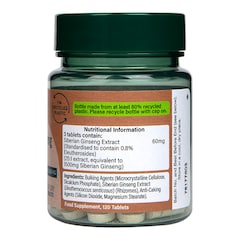
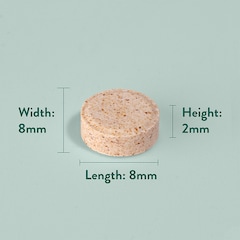
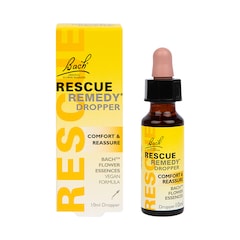
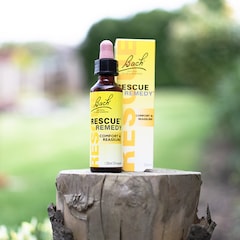
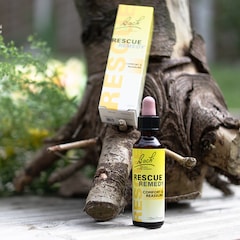


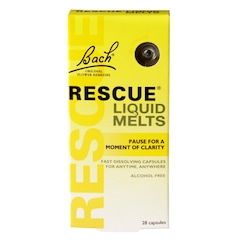
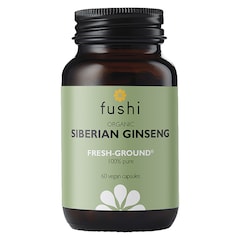
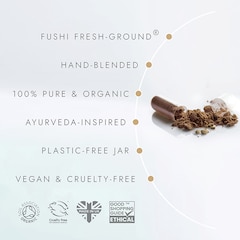
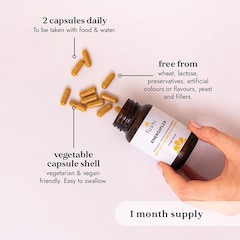
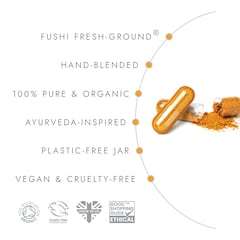
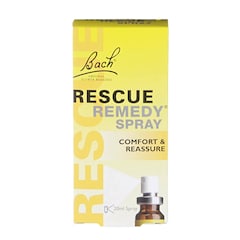



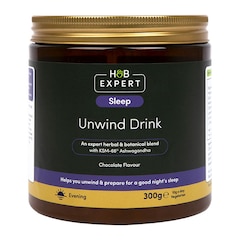
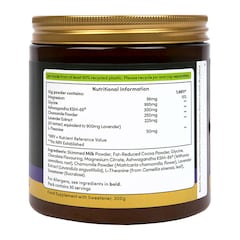
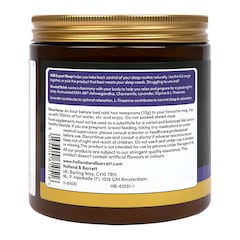
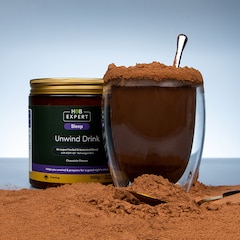
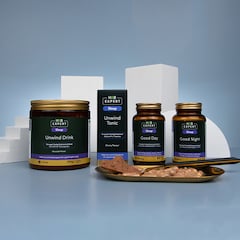
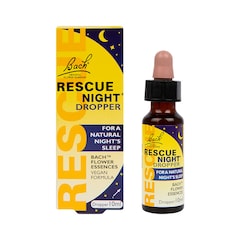
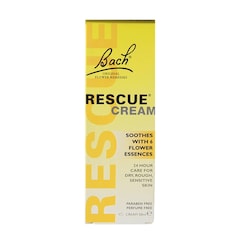
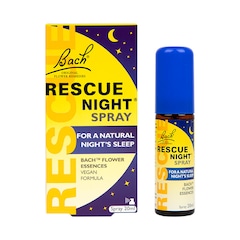



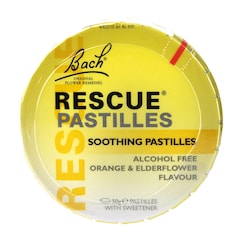
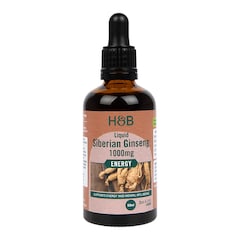
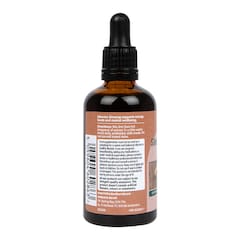
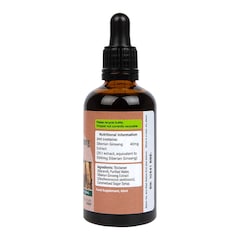
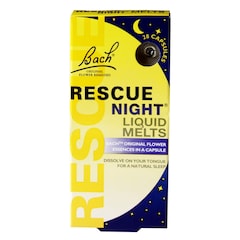
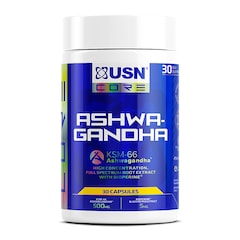
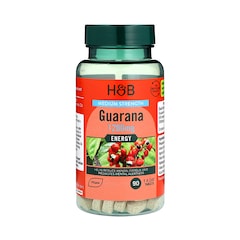
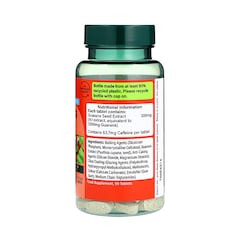
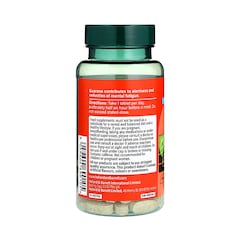
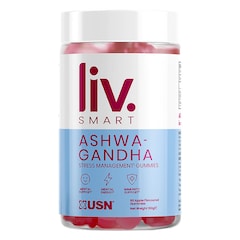
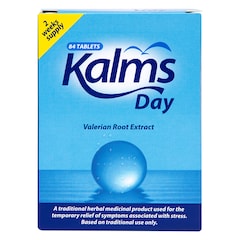
Herbal & Licensed Remedies is the collective term for two broad groups of products: herbal remedies and licensed remedies.
Herbal remedies are those whose active ingredients are derived from plants.
Licensed remedies are also often derived from plants (but not exclusively so) and imply that that these are regulated and may contain either approval from a medicines control body or proprietary formulations, or both.
Herbal & Licensed Remedies is the collective term for two broad groups of products: herbal remedies and licensed remedies.
Herbal remedies are those whose active ingredients are derived from plants.
Licensed remedies are also often derived from plants (but not exclusively so) and imply that that these are regulated and may contain either approval from a medicines control body or proprietary formulations, or both.
The UK government has designed a collection of herbal remedies as ‘holding a traditional herbal registration (THR)’, which is granted by the Medicines and Healthcare products Regulatory Agency (MHRA).
The registration means that the formulation has been deemed to be ‘acceptably safe’.
Since 2009, many of these products and companies have shown their registration through the use of the ‘THR’ mark, a logo that can act as a guide for consumers.
Registration of a formulation means that consumers who purchase these registered products can be assured that they have been assessed for safety. But it does not mean that there are no possible side effects.
It is therefore always important to conduct your own research before using a traditional herbal medicine and to seek advice from qualified individuals if you are in doubt as to their suitability.
The list of herbal remedies available on our website and stores is vast.
We have worked with the world’s leading complementary healthcare manufacturers to source the widest possible range of herbal solutions.
These include well-known remedies such as Valerian Root, Devil’s Claw, Black Cohosh, extracts of the Agnus Castus, St. John’s Wort, Milk Thistle and Rhodiola.
Each of these natural ingredients is included in these government list of active ingredients and matched to a registration holder on the government database of THR numbers.
Valerian Root - Valerian root supplements are traditionally used by natural health practitioners to aid sleep.
There has also been a history of its use as a calmative for helping those suffering from anxiety.
Devil's Claw - This plant is part of the wider sesame family and can also be known by the names ‘grapple plant’ and ‘wood spider’.
It's traditional used for relief of general aches and pains in the muscles and joints.
It is important to consult your physician before combining devil’s claw supplements with any other medicine for inflammation.
Black Cohosh - This herb plant has been used for many different ailments over the centuries.
Black cohosh is also referred to as ‘snakeroot’, ‘bugbane’ and ‘rattleweed’.
Its most common use is by women going through menopause, to help ease hot flashes and night sweats based on traditional use only.
While black cohosh is generally safe to use, anyone who is undergoing treatment for cancer, has liver or kidney problems or taking medicine to lower their cholesterol should be first consult their medical practitioner.
Pregnant women should also consult their doctor before taking it.
Some supplementation options.
Agnus Castus - Otherwise know as the ‘chaste tree’, this large flowering tree is most often found growing in a Mediterranean climate.
Its purple flowers give rise to small peppercorn sized pods, which is where it often gets another name, ‘monk’s pepper’.
Recent research has shown that there is a correlation between the use of agnus castus and alleviation of symptoms associated with premenstrual syndrome, based on traditional use only.
St. John’s Wort - Research into the effects of taking a St John’s Wort supplement have been conducted for decades.
There is clear evidence it can be used to relieve the symptoms of slightly low mood and mild anxiety, based on traditional use only.
Many natural healers have suggested its use for centuries and modern science is now taking notice of this plant.
Milk Thistle - This is another Mediterranean plant, a herb that is part of the daisy plant family.
The most common use of milk thistle is to relieve the symptoms associated with occasional over indulgence of food and drink such as indigestion and upset stomach, based on traditional use only.
Research has shown that there are possible benefits in liver function that can be derived from its supplementation, with larger randomised trials taking place.
Rhodiola - This is a traditional herbal medicinal product that is used for the temporary relief of symptoms assocaited with stress such as fatigue, exhaustion and mild anxiety. Based on traditional use only.
If you are unsure of which herbal licensed remedies you should be taking, speak to a qualified and registered practitioner or your GP.



